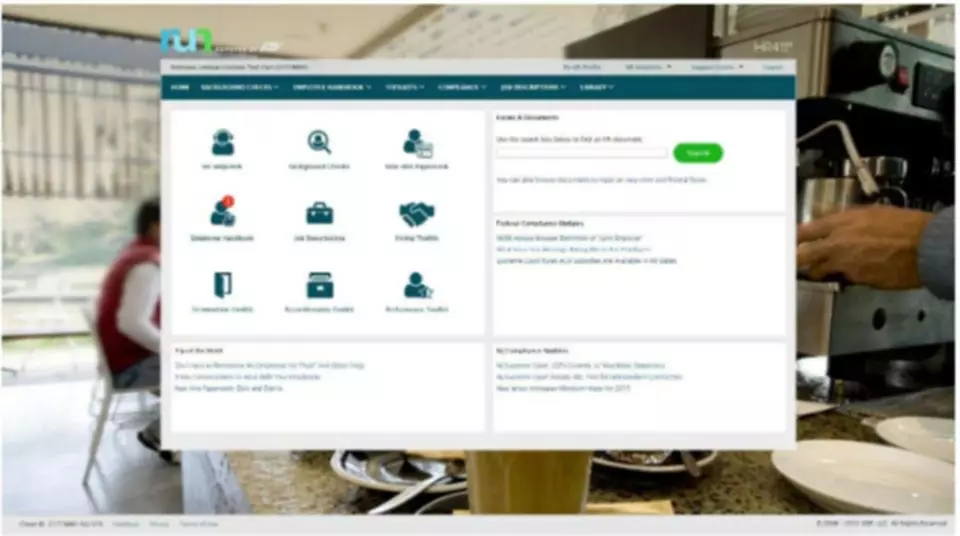Bookkeeper Resume Sample +Bookkeeping Job Description
Content

According to the BLS, CPAs earned a median annual salary of $73,560 as of 2020. CPA salaries outpace bookkeepers’ median earnings, which the BLS reports as $42,410 per year. Another free resource, the Accounting Jobs Today board features a powerful and precise search tool. Users can filter roles by location, keyword or job title. Job-seekers can search available jobs and post their resumes free of charge.
If you’ve had the chance to manage projects or lead other bookkeepers, be sure to mention that in your experienced bookkeeper resume explicitly. We analyzed hundreds of resumes from bookkeepers and have learned what works to help you get more interviews in 2022. We created seven resume templates based on these learnings to help bookkeepers build a great resume at all stages of their careers. This is a great route to gain some real-world experience as you become a bookkeeper and, potentially, a bookkeeping business owner. Previous work experience makes finding clients as a bookkeeping business owner much easier. To get started in bookkeeping, all you need are a few basic skills.
Bookkeeper Skills
Some bookkeepers choose to earn optional credentials, such as the certified public bookkeeper designation. Bookkeepers record financial transactions, categorize transactions, check statements for accuracy , and prepare monthly financial statements. When a bookkeeper wants to leap to being an accountant, they will need to take the CPA exam, plus earn a bachelor’s degree , if they do not have one already. Fifty states plus the District of Columbia require accountants to earn 150 credit hours of college education before taking the national four-part Uniform CPA exam.

Of course, a background in accounting practices will help you ride out a learning curve as a new bookkeeper. As a financial auditor, you may work as an external or internal auditor. If you are an external auditor, you will most likely have a job at a public accounting firm, and you will need to have a CPA license, plus a college https://www.bookstime.com/ degree, and often a master’s degree. Mid-size and small public accounting firms pay, on average, about 10% less than these firms. If you choose to work for a company internally instead of in public accounting, the starting salary range is very broad. There are critical differences in job growth and salaries between the two.
Questions About How to Become a Bookkeeper
Consulted on tax deductions for a book on small business concerns. An undergraduate degree will take 2-4 years and can pursue higher-paying positions in the field than those without a credential. Professionals who learn through on-the-job training can grasp essentials after about six months in entry-level roles. People often bookkeeping experience confuse bookkeepers and accountants—and with good reason. While there are certain similarities and overlaps between the two, there are distinctions that set these two roles apart. Bookkeepers don’t necessarily need higher education in order to work in their field while accountants can be more specialized in their training.
Do you need a degree to be a bookkeeper?
No, you do not need a degree to become a bookkeeper. Granted, it is often preferred by employers. After completing your education, you can seek an internship and get on-the-job training to become a bookkeeper. However, it helps to have a two- or four-year degree in accounting, finance or related discipline.
